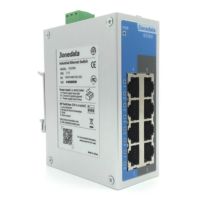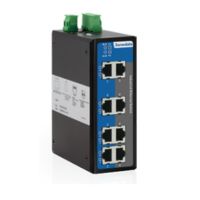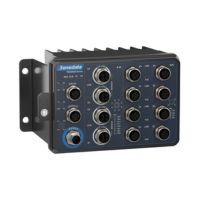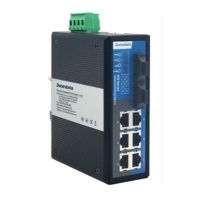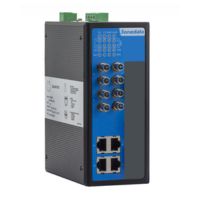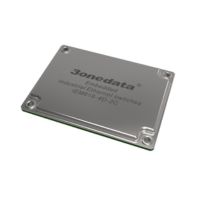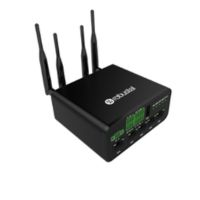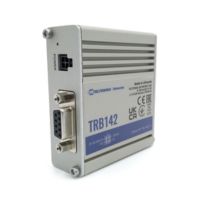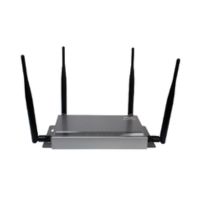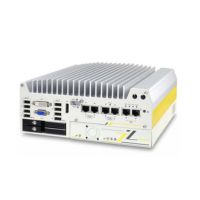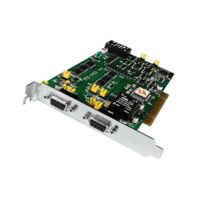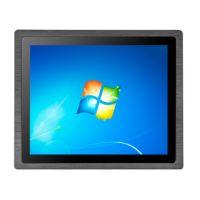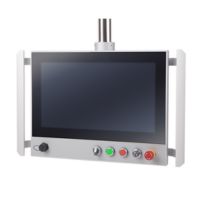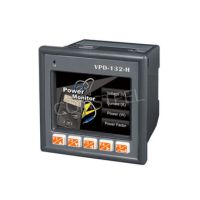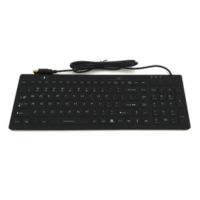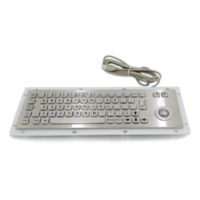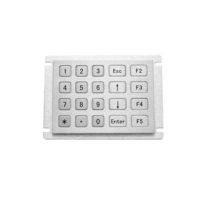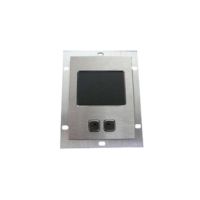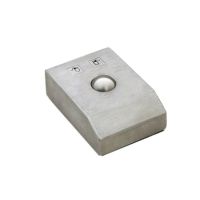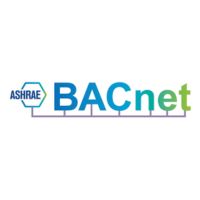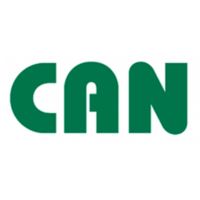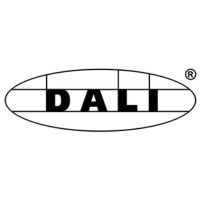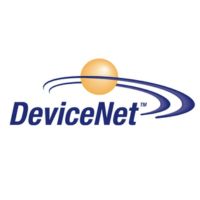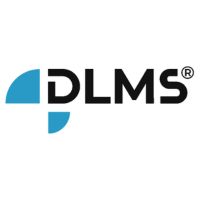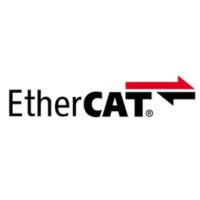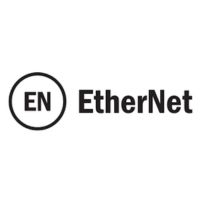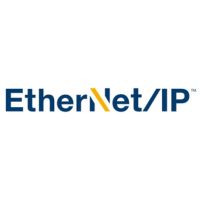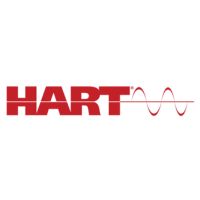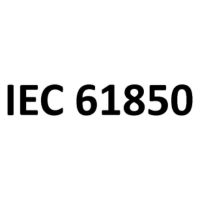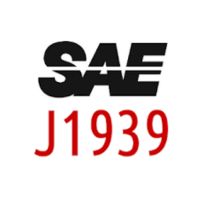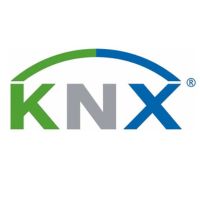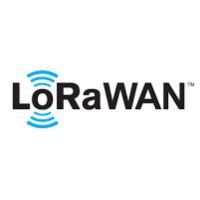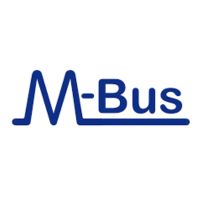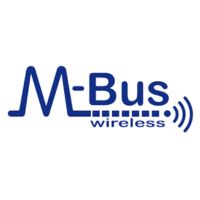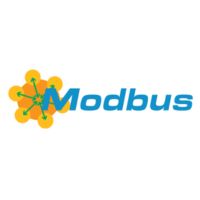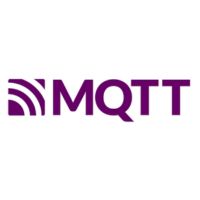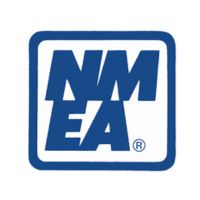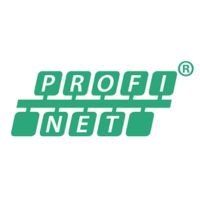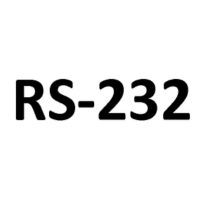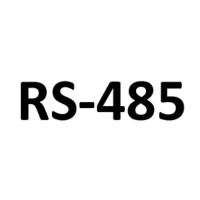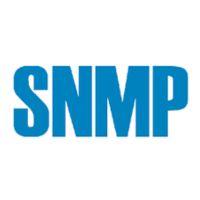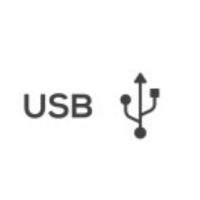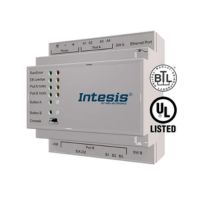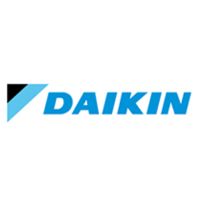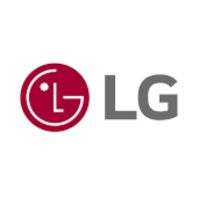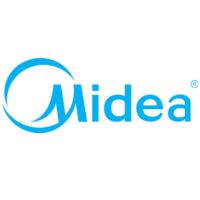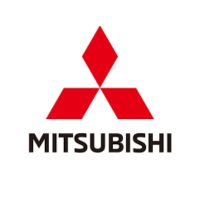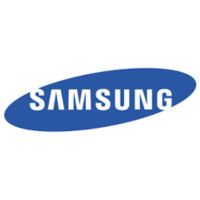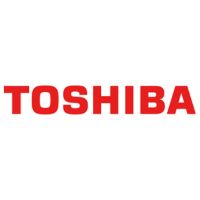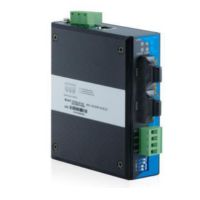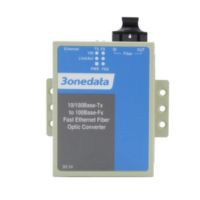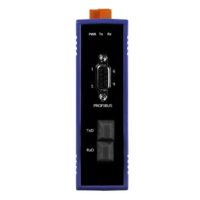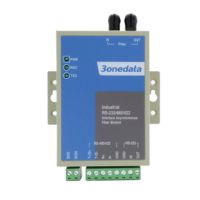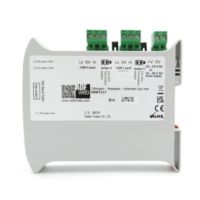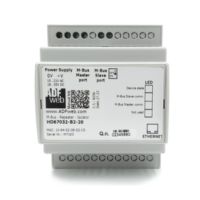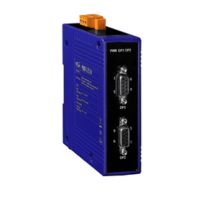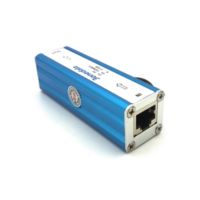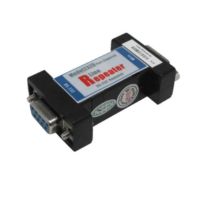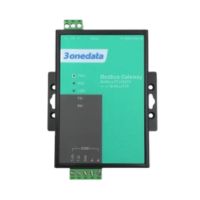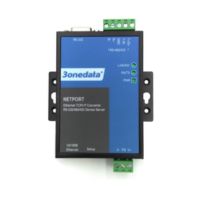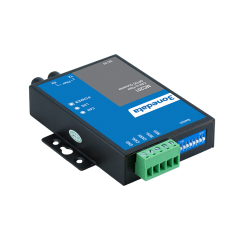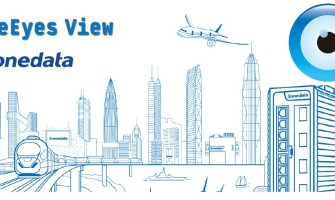Industrial 2-port CAN to Ethernet converter - CP202-2CI from 3onedata
CP202-2CI is Industrial CAN-bus to Ethernet converter with 2 CAN ports and 1 Ethernet port.
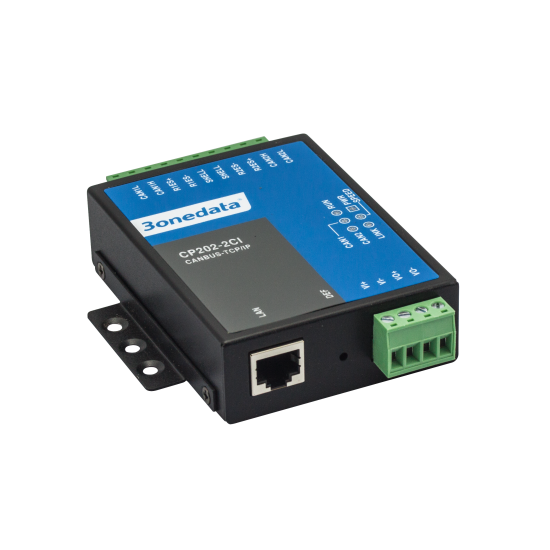
- Stock: In Stock - delivery 1-2 days!
- Brand: 3onedata
- Model: CP202-2CI
Available Options
Full design package: User manual, CE declaration, CAD, PDF, certificates and test reports
If you're preparing technical documentation or an installation design, you can receive a complete set of design materials for this model. This is a quick way to gather the required documents for audits, acceptance, or project documentation.
- Device User Manual
- CE Declaration of Conformity (EU Declaration of Conformity)
- Mechanical Drawings – CAD (STEP/DWG) or high-quality PDF
- Additional Certificates and Test Reports (if available for the model)
Industrial CAN-bus to Ethernet converter with 2 CAN ports and 1 Ethernet port.
CP202-2CI is an industrial CAN-bus to Ethernet Converter with two CAN-bus ports and one Ethernet port, with which the user can easily realize interconnection between CAN-bus and Ethernet, expanding the coverage of CAN-bus network. The CAN port communication rate is 5K~1000Kbps, with TCP Server, TCP Client, and UDP working modes, and supports as many as 3 connections, gateway and cross-layer routing communication, IP address or domain name for easy access by user, etc. The host is easy to use and centrally managed. It is widely applied in PLC control and management, automatic control of buildings, health care automation system, measuring instrument and environment and power monitoring system, etc.
The device operates on a 32-bit ARM kernel. It includes one LAN port with standard 10Base-T/100Base-TX support, accommodating protocols such as TCP, UDP, ARP, IP, ICMP, HTTP, DHCP, and DNS. The LAN port offers a transmission rate of 10/100M and can operate in full duplex or half-duplex modes, supporting TCP Server, TCP Client, and UDP modes. Additionally, there are two CAN ports featuring CANH and CANL signals, supporting CAN2.0A and CAN2.0B protocols in a 2-wire half-duplex mode. These CAN ports offer a baud rate range from 5K to 1000K bps and can handle up to 110 concurrent nodes. Transmission distances include 100 meters for twisted-pair cables (standard CAT5/CAT5e) and 40 meters to 10 kilometers for CAN connections.
Ethernet to CANbus converter can be used in various applications where integration between Ethernet-based systems and CANbus (Controller Area Network) networks is required:
- Industrial Automation: Converters can facilitate communication between Ethernet-based PLCs (Programmable Logic Controllers) or SCADA systems and CANbus devices on the factory floor, such as sensors, actuators, and motor controllers.
- Vehicle Telematics: In automotive and transportation industries, converters enable data exchange between Ethernet-based systems (like onboard computers or telematics units) and CANbus networks used for vehicle diagnostics, monitoring, and control.
- Building Automation: They can be used in smart buildings to connect Ethernet-enabled building management systems (BMS) or HVAC controllers with CANbus devices controlling lighting, HVAC actuators, and security systems.
- IoT (Internet of Things): Converters play a role in IoT applications where Ethernet is used for data aggregation and cloud connectivity, while CANbus is utilized for local device communication and control within smart devices or systems.
- Testing and Development: They are valuable in testing environments where both Ethernet and CANbus interfaces need to be evaluated or integrated for prototype development and testing purposes.
- Embedded Systems: In embedded applications, converters help bridge the gap between Ethernet-based embedded computers (like industrial PCs or embedded Linux devices) and CANbus peripherals or embedded controllers.
Overall, Ethernet to CANbus converters facilitate interoperability between Ethernet and CANbus networks, enabling seamless data exchange and integration across different industrial, automotive, and IoT applications.
Features:
- High-speed 32-bit processor
- 10M/100M adaptive Ethernet interface
- Support AUTO MDI/MDIX, cross-over or straight-through network cable connection
- Two CAN ports
- Support ARP, ICMP, UDP, TCP, IP, HTTP, DHCP, DNS protocols
- Static and dynamic IP address acquisition
- Support automatic connection recovery after disconnection, and build a reliable TCP connection
- Support flexible CAN port data frame setting, satisfying various subpackage requirements of customers
- Support non-polar power supply, wide power supply range 9-24VDC
- IP40 protect grade, high strength iron shell, DIN Rail installation
- Working temperature from -40°C to 75°C
Specification:
System Information
- 32-bit ARM kernel
LAN
- Port Number: 1
- Standard: 10Base-T/100Base-TX
- Protocol: TCP, UDP, ARP, IP, ICMP, HTTP, DHCP and DNS protocols
- Transmission rate: 10/100M
- Working mode: full duplex or half-duplex
- Operating mode: TCP Server, TCP Client, UDP modes
CAN
- Port Number: 2
- CAN Signal: CANH, CANL
- Protocol: CAN2.0A, CAN2.0B
- Working mode: 2-wire half-duplex
- Baud rate: 5K~1000K bps
- Load capacity: support 110 concurrent nodes
Transmission distance
- Twisted-pair: 100M (standard CAT5/CAT5e cable)
- CAN transmission distance: 40m-10Km
LED indicator
- Operation indicator: RUN
- Ethernet connection status indicator: Link/Act
- Power supply indicator: PWR
- Port rate indicator: SPEED
- CAN status indicator: CAN1, CAN2
Software
- Configuration: WEB configuration management, BlueEyes II management software
Power supply
- Power input: 9-24VDC
- Power consumption: 1.5 W@12VDC
- Support non-polar power supply
Working environment
- Working temperature: -40°C ~ 75°C
- Storage temperature: -40°C ~ 85°C
- Relative Humidity: 5% ~ 95% (no condensation)
Mechanical Structure
- Shell: IP40 protect grade, metal shell
- Installation: Wall mount
- Weight: 253g
- Size (W×H×D): 70.6 mm x 26 mm x 94 mm
Industry Standard
- EMS: EN61000-4-2 (ESD), Level 3
- EN61000-4-4 (EFT), Level 4
- EN61000-4-5 (Surge), Level 2
- Shock: IEC 60068-2-27
- Free fall: IEC 60068-2-23
- Vibration: IEC 60068-2-6
Certifications: CE, FCC, RoHS, UL508 (Pending)
Warranty: 3 years
Packing List:
- CP202-2CI x 1
- User manual x 1
- CD x 1
- Warranty card x 1
- Certificate of quality x 1
Dimensions:
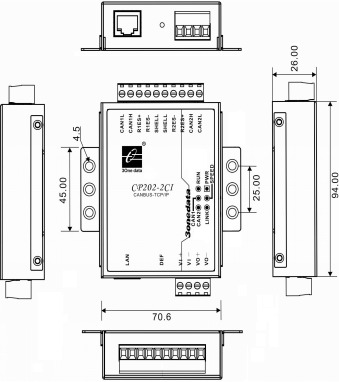
| General technical parameters | |
| Ethernet | 1x 10/100BaseT(X) |
| Protocol support | CAN, Ethernet |
| Industrial grade | |
| Casing | Metal |
| IP rating | IP40 |
| Operating temperature | -40°C to 75°C |
| Input voltage | 9~24VDC |

